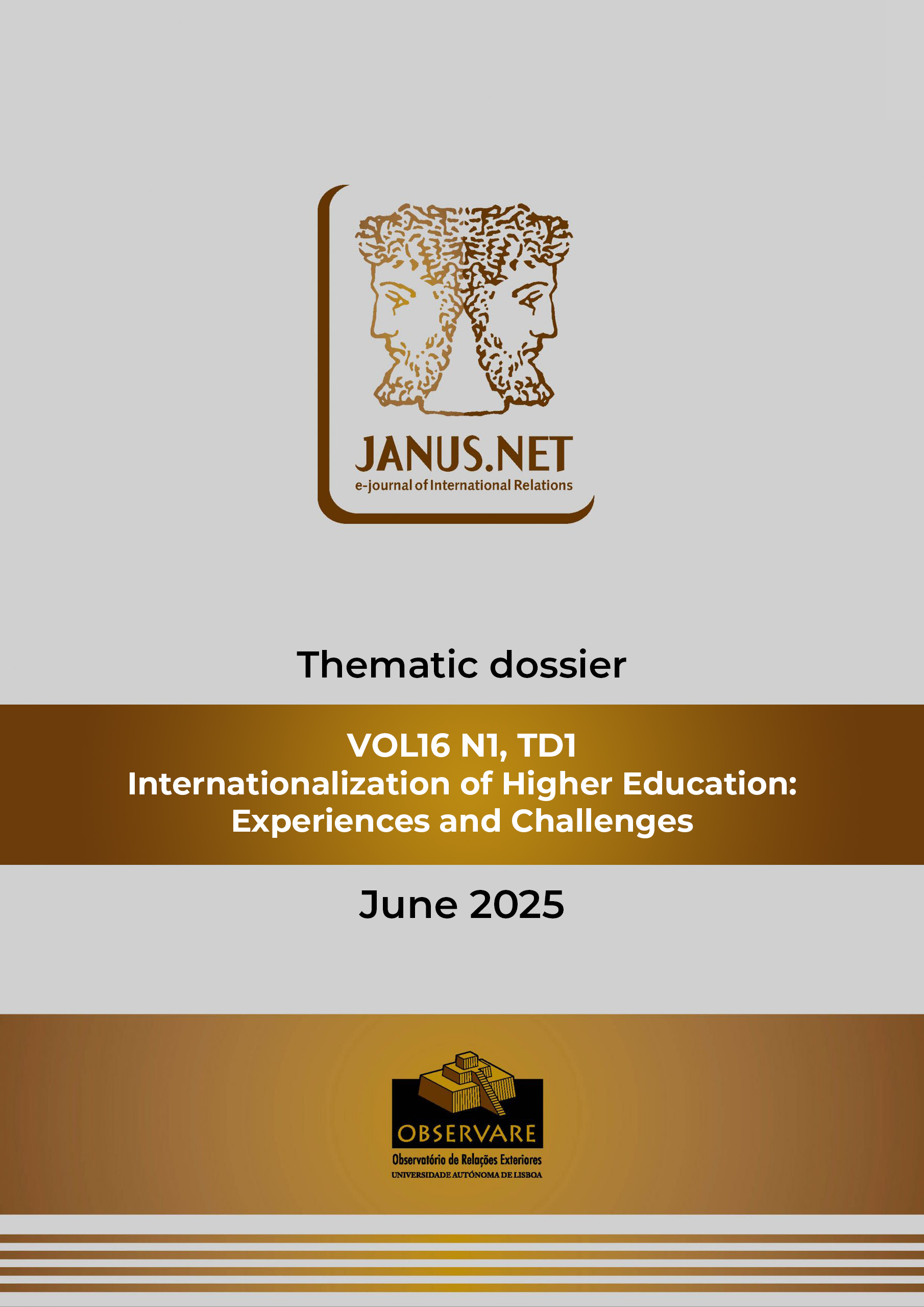AN EXAMINATION AND VALIDATION OF SOCIAL AND EMOTIONAL LEARNING SKILLS AMONG UNIVERSITY STUDENTS IN UGANDA
DOI:
https://doi.org/10.26619/1647-7251.DT0325.11Keywords:
B Social Emotional Learning, Self-Management, Self-Awareness, Responsible Decision Making, Relationship-ManagementAbstract
The purpose of this study was to examine and validate the concept of Social emotional learning skills (SEL) among university students in Uganda . The concept has become an issue of relevance among scholars and academicians towards preparation of a holistic graduate. A cross-sectional research design, exploratory factor analysis (EFA) and confirmatory factor analysis of Structural Equation Modelling (SEM) were used to examine the hypothesized SEL measurement model. A randomly chosen sample of 664 volunteers was used to examine the Cronbach’s alpha construct reliability and validity, composite reliability, maximal reliability, and discriminant and convergent validity standards. The findings of the study reflected that the hypothesized measurement model is a significant five-factor model with 24 items correlated with one another. The study recommends that HEIs and future studies can apply SEL measurement model based on the context and culture of a given area.


